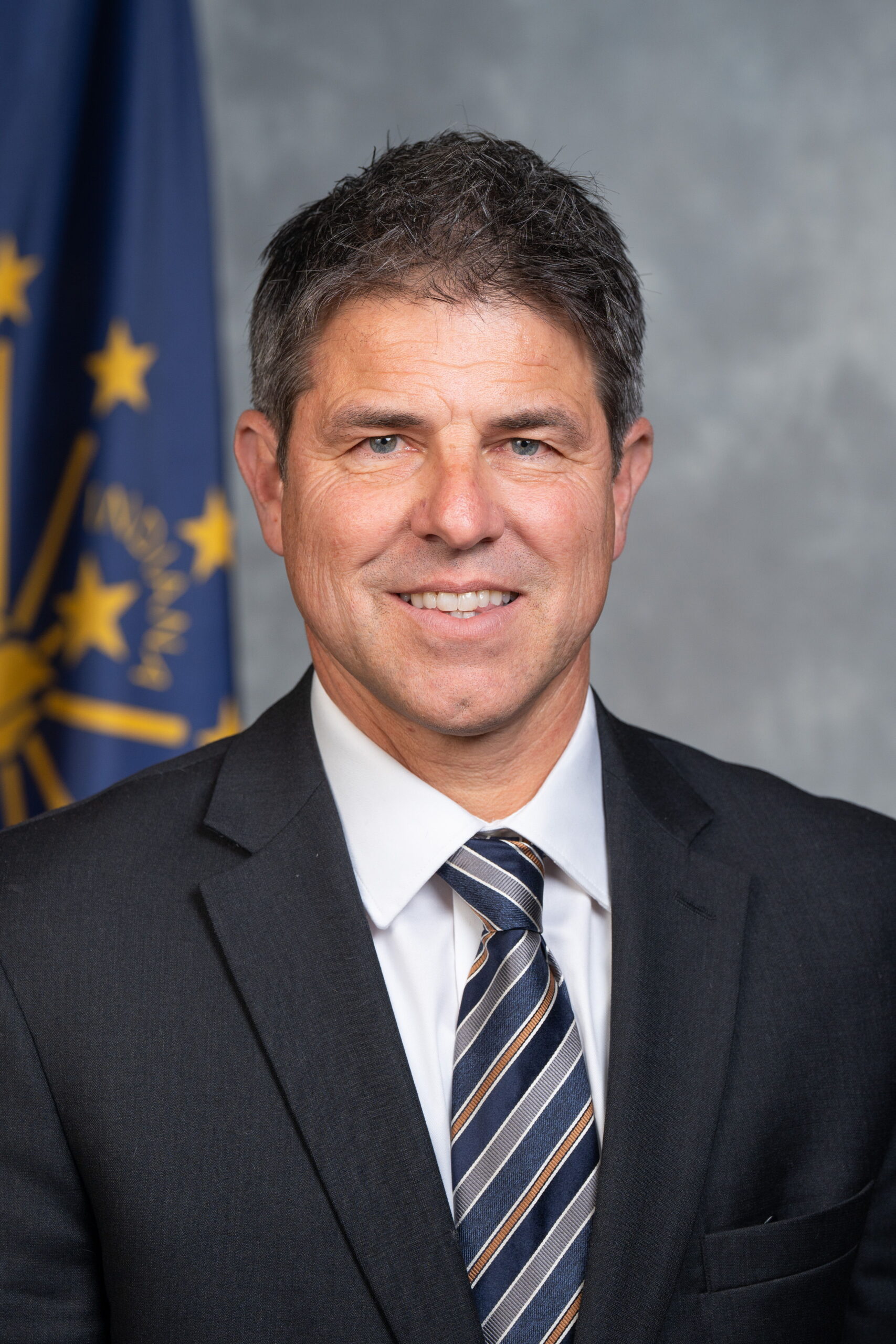Kentucky Man Gets 20 Years in Child Pornography Case; New Law Now Allows Up to 70

A Kenton Circuit judge has sentenced Thomas Whaley to 20 years in prison for possessing and distributing child sexual abuse material, the maximum punishment available under Kentucky law at the time of his crimes. Judge Patricia Summe handed down the sentence on August 26, 2025, one month after Whaley pleaded guilty to an extraordinary volume of offenses: 94 counts of possession of child pornography involving children under 12, 94 counts of distribution involving children under 12, and two additional counts—one possession and one distribution—related to victims under 18.
Because Whaley’s offenses occurred in May 2024, his punishment was governed by the earlier sentencing cap for Class C and D felonies—20 years total. Kentucky has since stiffened penalties through a package of criminal-justice reforms known as HB 5, which took effect in July 2024 and raised the cap for felony crimes against children to 70 years. Even within the earlier limit, prosecutors pressed for the harshest outcome. Assistant Commonwealth’s Attorney Emily Arnzen—who led the case—refused to entertain any plea offer below the 20-year maximum.
The case began with a digital alarm. In August 2024, Covington Police received a cyber tip from the National Center for Missing & Exploited Children that flagged uploads of images and videos depicting the sexual assault of children to a Google account. After a cyber tip to NCMEC in August 2024, Detective Nicollette arrested Whaley; police executed a search warrant at his residence that same day. Investigators seized multiple cell phones and computers. Detective Brown’s follow-up work linked the Google account to Whaley’s phone and uncovered multiple videos of Whaley himself mixed among the child sexual assault files in that account.
Prosecutors described the harm as both immediate and ongoing, underscoring why their office seeks lengthy sentences in these cases. “We take a hardline approach to anyone in possession of child sexual assault material because they create the demand that results in so many children becoming victims of pedophiles!” Arnzen said. She added that the victims’ trauma compounds every time those files are traded online. “No child should have to wake up every day wondering how many people they meet have seen the videos showing the worst days of their life,” she said. “So we’re putting the pedophiles in prison as long as possible!”
Although the statutory cap tied to the offense date limited Whaley’s total sentence to 20 years, HB 5 still shapes how much of that time he will actually serve. Under the reforms, he must complete 85% of his sentence before he can be considered for parole. Upon release, he will be required to register as a sex offender for life and complete sex-offender treatment.
Taken together, the arrest, prosecution, and sentence illustrate both the growing role of digital forensics in child-exploitation cases and Kentucky’s tougher posture toward offenders. A cyber tip led detectives to the account, a search tied that account to Whaley’s devices, and the courtroom outcome—maximum time under the old cap, with stricter parole requirements now in place—reflects a system that, as Arnzen put it, aims to keep offenders behind bars “as long as possible” and to reduce the ongoing harm to victims whose abuse was recorded and shared.
RECENT










BE THE FIRST TO KNOW
More Content By
Think American News Staff











